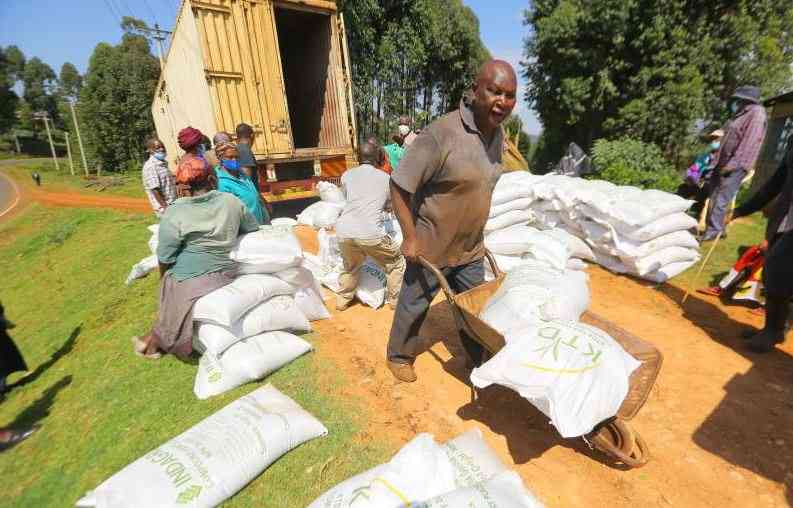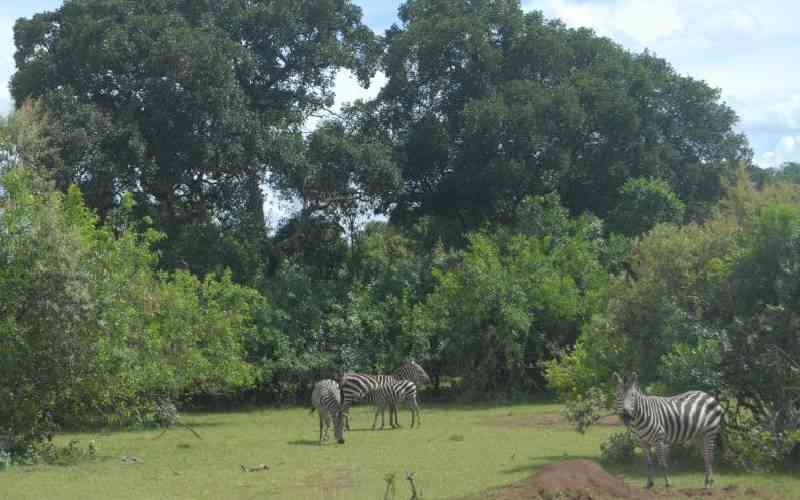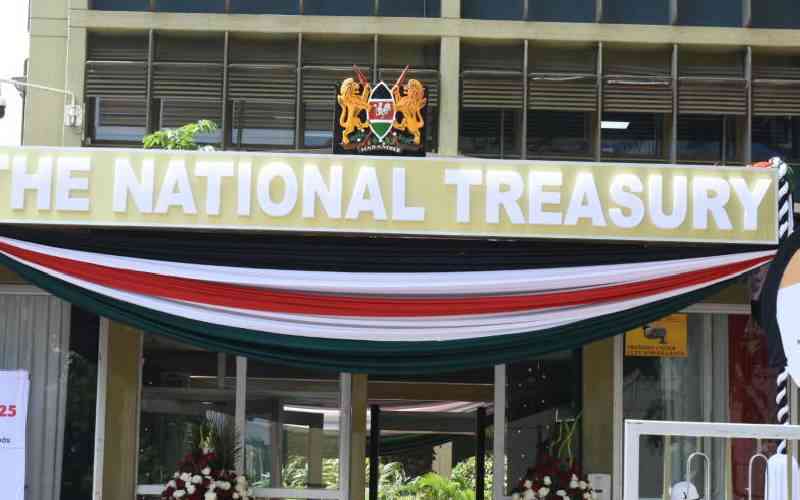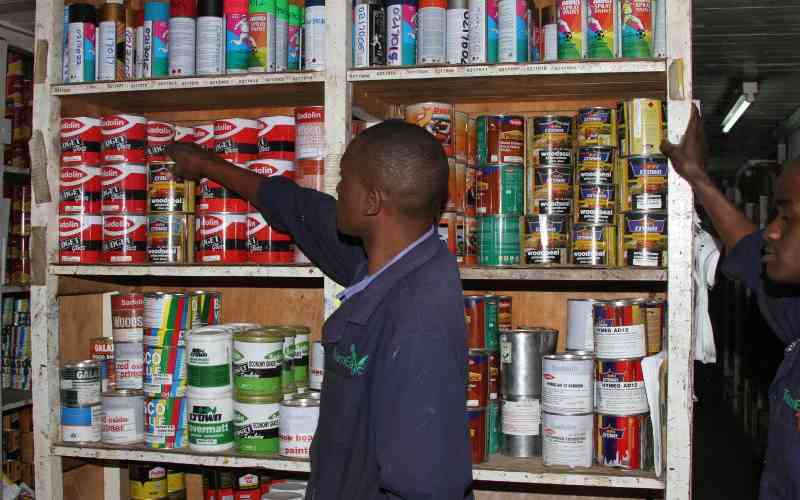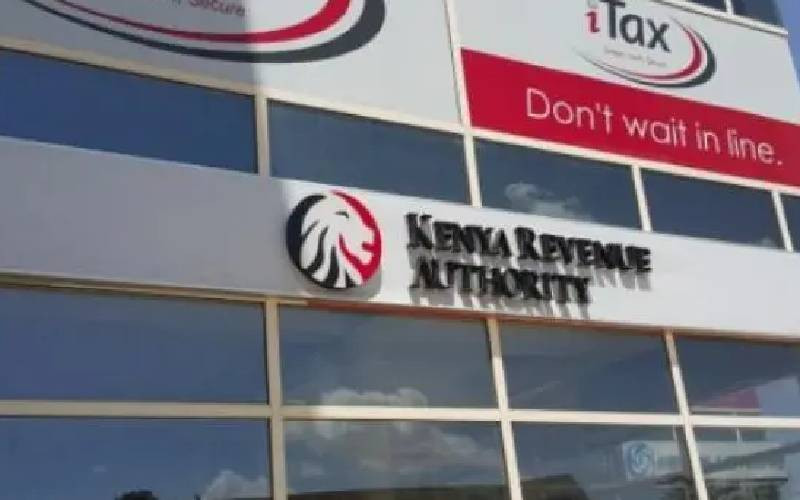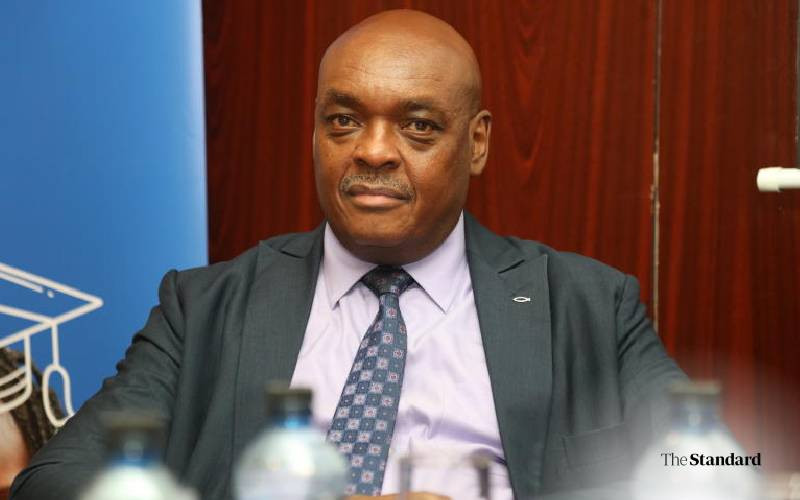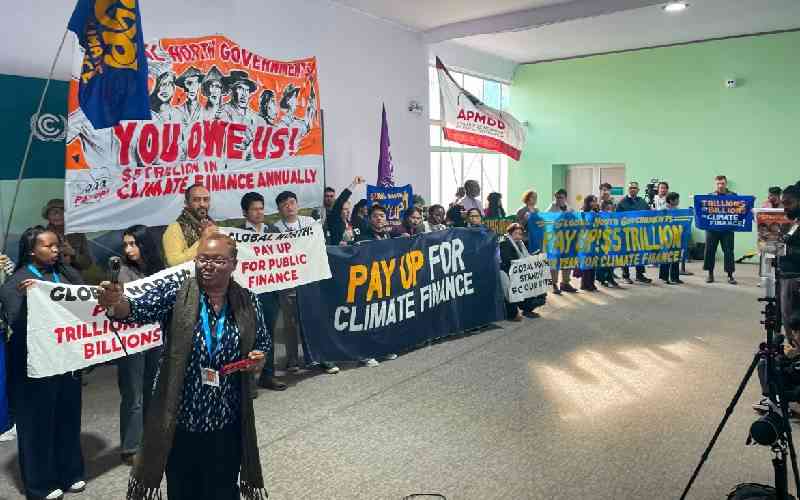
Representatives from nearly 200 nations awaited a fresh proposal Friday for a potential compromise in marathon climate finance talks on the last day of a hard-fought COP29 summit in Azerbaijan.
The gruelling two-week conference in the Caspian Sea city Baku is almost certain to go into overtime, with key details for a deal yet to be released, let alone agreed.
A revised draft was promised around midday (0800 GMT) on Friday, the product of frantic negotiations that stretched into the early hours within a cavernous sports stadium.
The main priority at COP29 is agreeing a new target to replace the $100 billion a year that rich nations provide poorer ones to reduce emissions and adapt to disasters.
Developing countries plus China, an influential negotiating bloc, are pushing for $1.3 trillion by 2030 and want at least $500 billion of that directly from developed nations.
Major contributors such as the European Union have baulked at such demands, and insist private sector money must play a large part in helping raise that money.
COP29's Azerbaijani presidency said Friday it had conducted "an extensive and inclusive consultation process that extended into the early hours of the morning" and promised revised texts by noon.
Azerbaijan has been under pressure to find a compromise and criticised for not bridging the gap between nations.
Sindra Sharma from the Pacific Islands Climate Action Network, an activist coalition, expressed "a complete sense of frustration" at the talks.
"I've never seen a presidency like this, I've never seen a process like this," she said.
The European Union has also called for stronger leadership from Azerbaijan, a major energy exporter which lacks experience steering such large and complex negotiations.
The new draft is expected to offer financial figures after an earlier version on Thursday said that developing countries need at least "USD [X] trillion" per year but omitted a concrete number.
Ali Mohamed, the chair of the African Group of Negotiators, said the "elephant in the room" was the missing figure.
Stay informed. Subscribe to our newsletter
UN Secretary-General Antonio Guterres, who flew back to Baku after attending COP29's opening last week, warned on Thursday that "failure is not an option".
China, the world's largest emitter, joined other countries in rejecting the earlier draft but urged "all parties to meet one another halfway".
Other major sticking points over the finance terms -- including who contributes climate finance and how the money is raised and delivered -- remain to be resolved.
Apart from splits over money, many nations fear the climate deal in negotiation does not reflect the urgency on phasing out coal, oil and gas -- the main drivers of global warming.
US climate envoy John Podesta said there was "a glaring imbalance" in the text that was sent back for revisions.
Last year's COP28 summit made a landmark call on the world to transition away from fossil fuels after long negotiations in Dubai.
But a Saudi official speaking on behalf of the Arab Group said the bloc would "not accept any text that targets any specific sectors, including fossil fuel" in Baku.
Some ministers have insisted negotiations were progressing behind the scenes and there was room for final agreement, despite sharp divisions in public between the parties.
Developed countries say it is politically unrealistic not to count private investment.
They also want to broaden the list of donors -- notably to include China, which provides its own aid but has no obligations as it remains classified as a developing country.
Presently, most climate finance is issued as loans, meaning developing nations incur more debt as they build resilience against global warming.
Panama's negotiator Juan Carlos Monterrey Gomez on Thursday said that developing countries' envoys might find it easier to reach outer space than to hear concrete finance figures from wealthy nations.
"Sadly, Mars is years away and we only have hours to get to this decision," he said.
